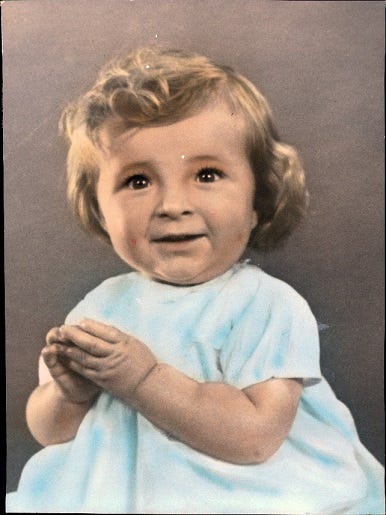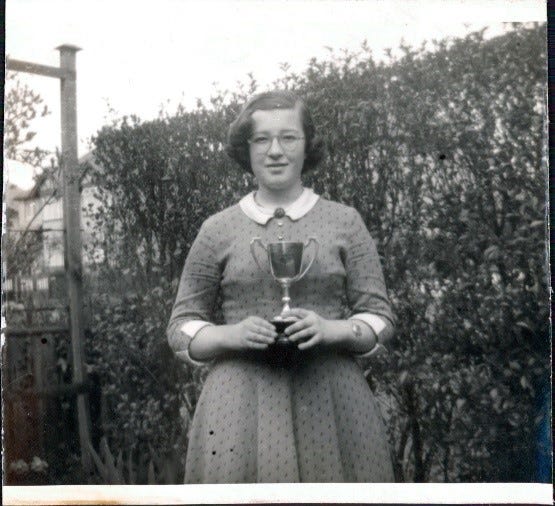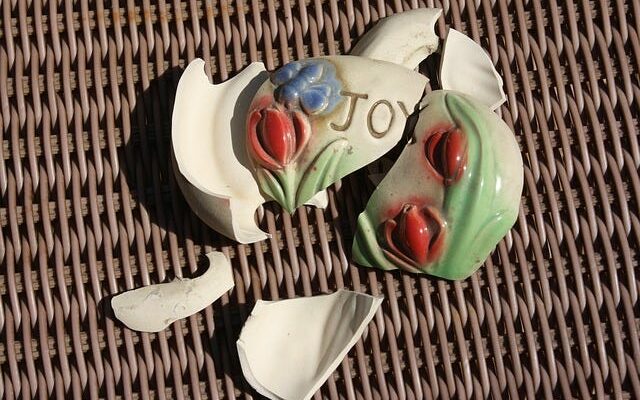
June Boyce-Tillman, editor of the book series Music and Spirituality
This is part 5 in a series on Finding Forgiveness.
It was Palm Sunday in Florence and the processions of waving olive branches filled my heart. I was sitting in the portico of a palace, when the mobile phone rang and told me that my abuser had died.
Was it really all over? I remembered the festivals when the family gathered together — the darkened room and sitting on his knee and his desire for me to make him happy. It was when I arrived in England that the tears started. Now I had my final chance to put it behind me, if only I could face that coffin. I knew about coffins. After all, I had worked briefly for an undertaker, which had taught me about that. I knew the feel of the dead — I knew how to
- Love them
- Talk to them
- Give them their final blessing
- Sense their presence or absence
Saturday dawned well. The taxi would come at 8.15 for a train that would get me there at 11.15. The train rumbled through the beautiful countryside. When I got to the coffin, he looked old — not like I remembered him at all. He was fatter then and there were no glasses. I tried to imagine this old man young — the thick lips, the fatter cheeks. His hands were red with bruising — had they put drips in when he died? They looked oddly, in this Holy Week season, like crucified hands. Had I crucified him? Was that how he had seen it? These were the hands that had touched me, that had given me, so early, the delights of sex. And now, they were red and raw. I could not touch them yet. I had to look at them and get used to them. Would they rise up and touch me again?

I started to talk to him. Did he remember our time together — the darkness — how he would make me into a proper woman (did he not realise I was actually a child?) And then I moved to the gifts, the gifts born of the experiences that he had given: the large pieces I had written, the struggle to be a composer and finally a priest. I talked of the hymns I had written and I sang him my hymn on love:
Could I set him free? I, who held onto things so long, whose house was filled with a collection of sentimental junk from which I could not be separated? What would it mean to let him go?
What was the good he sought? And I knew. He had wanted to be a priest but what he had done to me had stopped him.
I had certainly stood alone throughout my life. Plagued by loneliness, depression, with very little family to speak of and alienated by this experience from the ones I might have had, I had been on a long journey, carried by my faith and the religious rituals that I and my friends had devised:
And now we both were moving on — he to his eternal rest and me onto I knew not what. But I knew that my faith would lead me, as it had for so long, and that it would not rest until I found my eternal home, but that it might be more restful with him gone if only I could let him go.
This was the real prayer. And then it happened. To the side of the statue of Jesus, he appeared as a young man in his brown sports jacket, which I had forgotten; I knew he was waiting to go. He had come out from the old dead man: the young soul, waiting to go into the arms of his Lord or to be reborn, however you saw it. I went to my carefully packed bag and found the oils, put on the stole and opened the small bottle of oil. as a memorial,” I thought. I went over and touched his forehead. It was cold and firm. I made the cross again on his forehead and started on the ancient prayer:
The young man in the sports jacket was surrounded by angels. And then I knew he was gone. I sat on the chair, away from the body and imagined the magnificent Elgar setting of the text of Praise to the Holiest in the Height. I heard it in all its majesty with unusual joy.
[1] Boyce-Tillman, June (2006). A Rainbow to Heaven — Hymns, Songs and Chants. London: Stainer and Bell. @Stainer and Bell p. 83
[2] Boyce-Tillman, June (2006). A Rainbow to Heaven — Hymns, Songs and Chants. London: Stainer and Bell. @Stainer and Bell

 de
de  fr
fr 








